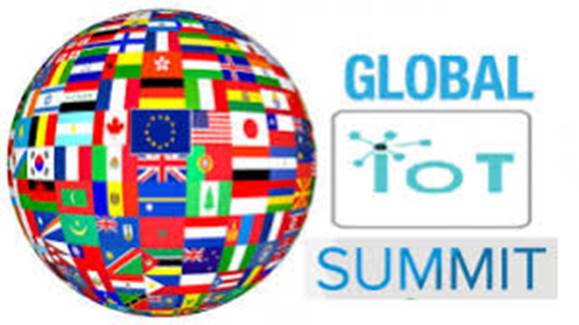 A scientific paper entitled “Detaching the design, development and execution of big data analysis processes: A case study based on energy and behavioral analytics” has been co-authored by University of Murcia and UBITECH, and is presented at the Global IoT Summit 2018 (GIOTS 2018), that is held June 4-7, 2018, at Bilbao, Spain. In this paper, Eleni Fotopoulou, Anastasios Zafeiropoulos and their co-authors propose an approach for detaching the design, development and execution of big data analysis processes, focusing on the realization of energy and behavioral analytics, targeted to supporting the increase of energy efficiency in smart buildings through behavioral change of the citizens.
A scientific paper entitled “Detaching the design, development and execution of big data analysis processes: A case study based on energy and behavioral analytics” has been co-authored by University of Murcia and UBITECH, and is presented at the Global IoT Summit 2018 (GIOTS 2018), that is held June 4-7, 2018, at Bilbao, Spain. In this paper, Eleni Fotopoulou, Anastasios Zafeiropoulos and their co-authors propose an approach for detaching the design, development and execution of big data analysis processes, focusing on the realization of energy and behavioral analytics, targeted to supporting the increase of energy efficiency in smart buildings through behavioral change of the citizens.
In particular, the proposed approach is realized over the ENTROPY platform (http://entropy-project.eu). ENTROPY regards an innovative energy-aware information technology ecosystem, aiming to support the design and development of novel personalized energy management and awareness services that can lead to occupants’ behavioral change towards actions that can have a positive impact on energy efficiency. A set of data analytic processes are designed, developed and supported through the implemented analysis toolkit. Separation of concerns among the related stakeholders is implemented based on the adoption and integration of the OpenCPU open source tool for supporting embedded scientific computing and reproducible research. OpenCPU provides a reliable and interoperable HTTP API for data analysis. Based on the provided API, appropriate customization is realized for supporting the design, development and execution of energy and behavioral analytics over the ENTROPY platform in an independent way.
Software developers are able to develop their analysis scripts without any restriction in the programming language (e.g. R, Python, Java) and make it available in the platform. Data scientists are able to design analytic workflows, consisting of set of processes and related input and output parameters in a user friendly and intuitive way. Decision makers are able to define the timeline for execution of the analysis processes and acquire access to the provided results. The overall analytics toolkit is applied in the energy domain, however it is designed and implemented in a generic fashion, making it suitable for various application domains.
Source: http://www.globaliotsummit.org/program


